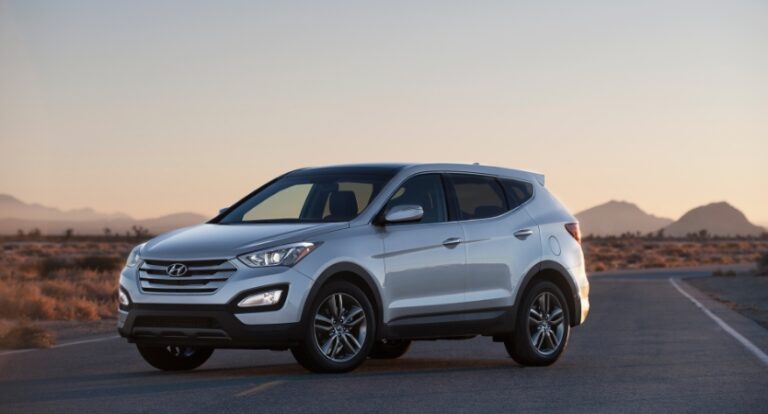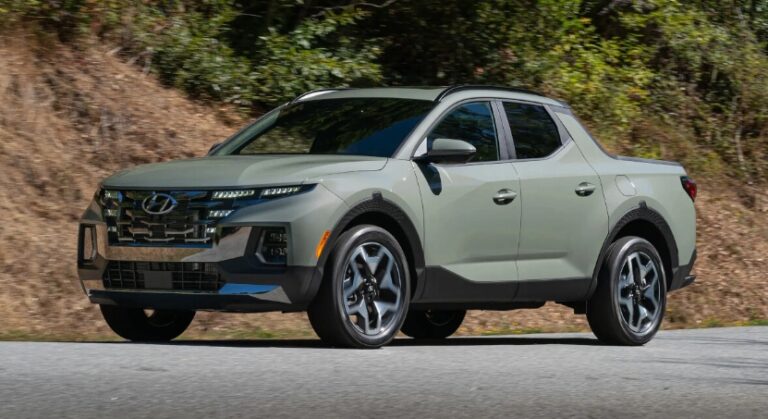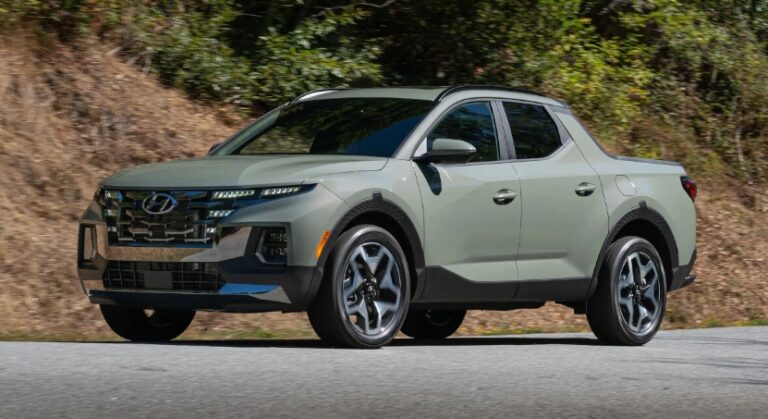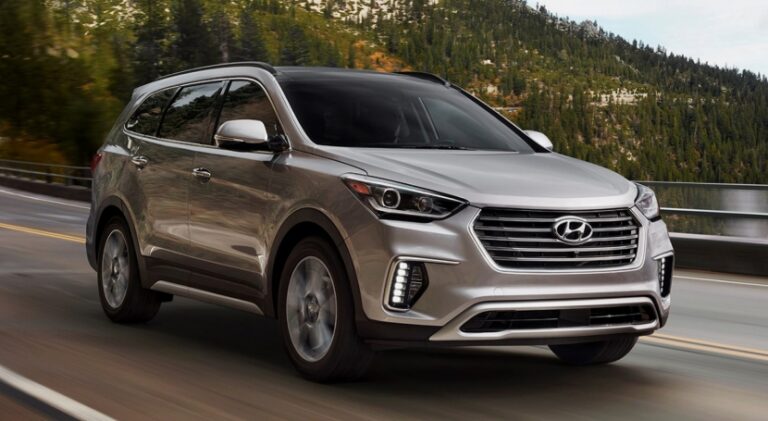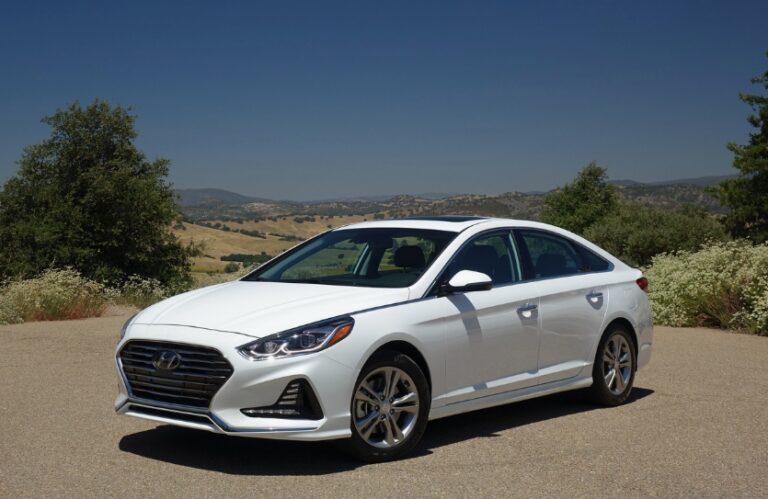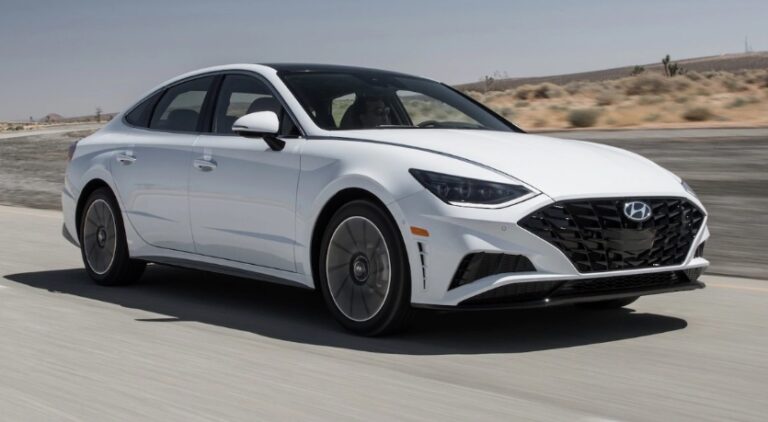2026 Hyundai Santa Interior, Engine, Release Date
2026 Hyundai Santa Interior, Engine, Release Date – From the beginning, the Hyundai Santa Cruz has been a unique vehicle. Its unusual three-plus-one door arrangement and strange design make it too strange to compete with the subcompacts, even though it is somewhat smaller than the typical compact class of vehicles. But in 2019, Hyundai debuted its high-performance N badge on the Santa Cruz, bringing it to North America. Global auto critics have been gushing about it ever after they quit scratching their brains.
The 2026 Hyundai Santa Cruz N is undeniably the Santa Cruz you want and, as it happens, the only Santa Cruz you can still get, with lesser versions removed from the lineup. All wheat, no chaff. That wheat, as I’ve learned, remains as tasty as ever, but the current sport compact landscape is a bit different than the one the Santa Cruz N was born into. 2026 Hyundai Santa Interior
2026 Hyundai Santa Redesign and Update Plan
Exterior and Interior
Par for the Hyundai course, making sense of the Santa Cruz’s relatively basic cabin is mostly straightforward. That slightly dated, eight-inch centre screen is logically laid out and quite easy to use. It’s placed high in the driver’s line of sight and just the right distance away from the hand. There’s a satisfyingly-rippy manual handbrake that comes in every Santa Cruz N – yes, even with the automatic – and I’m also a fan of the two big, blue buttons Hyundai has placed on the steering wheel that let you quickly and intuitively toggle between drive modes.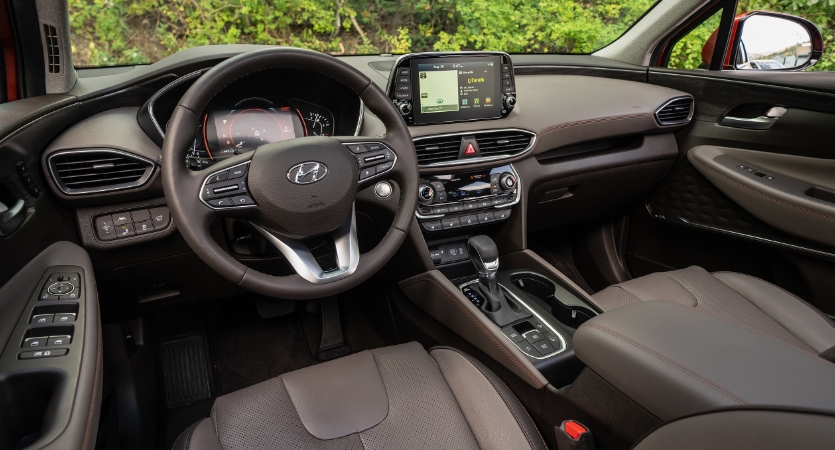
Some usability complaints I have for this car, however, stem from its quirky three-door setup. Because there’s no rear door on the driver’s side, the driver’s door is huge, making opening it in tight parking spaces a bit of an exercise in not dinging somebody else’s ride. The interior door handle here is also about a hand’s length too far back, and this big entryway also means the seat belt is always either too high and chafing against my neck or down and hard-to-reach, depending on the position of its adjustable bracket. Hopping into the Santa Cruz N’s front passenger seat, none of these issues were present. If you ask me, the Santa Cruz N absolutely could’ve and should’ve been a five-door hatchback. 2026 Hyundai Santa Interior
2026 Hyundai Santa Specs
With no real optional extras or packages to jack the price up, the creature comforts that come standard with the Santa Cruz N are what every example gets. It’s got heated front seats and a heated steering wheel, LED lights all around, keyless entry with push-button start, automatic climate control, and an eight-inch touchscreen infotainment system running wired Apple CarPlay and Android Auto.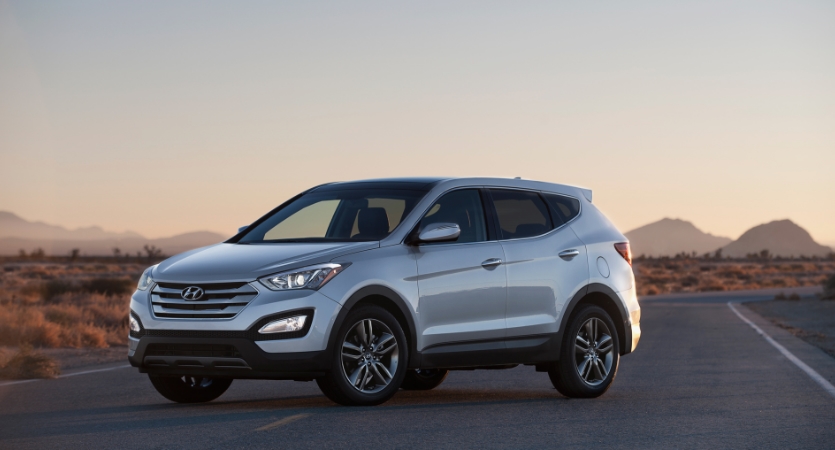
The overall level of equipment here isn’t exactly stark, but there are quite a few key features missing that have become expected from most modern cars pushing $40,000. All of the seat controls are manual, for example, while the climate control is of the single-zone variety. The touchscreen is one iteration smaller and duller than Hyundai’s current, much wider setups. The wipers do not have an automatic rain-sensing setting, while most of the gauge cluster remains analog. Although to be fair to the Santa Cruz N, those other, similarly priced vehicles usually don’t offer nearly as much driving fun.
Engine and Performance
Like pretty much every other car in its class, the Santa Cruz N is powered by a turbocharged 2.0L four-cylinder. It shifts smoothly in normal, automatic driving, while paddle-operated manual gear changes happen appreciably quickly. Full-throttle, redline upshifts even come with a little supercar-esque kick in the backside. The shift paddles themselves are made of plastic but are perfectly shaped to the fingers. Bright, useful shift lights located at the top of the gauge cluster are easy to parse with just peripheral vision.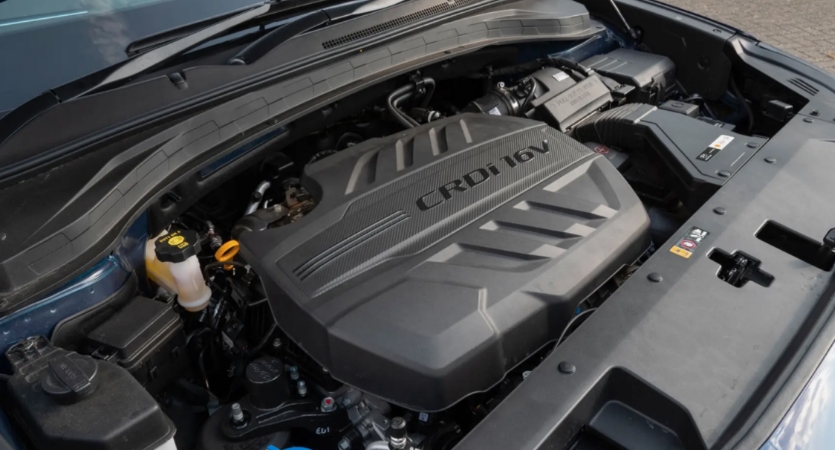
Similar to the handling, Hyundai’s powertrain doesn’t feel quite as manic or unhinged as the one in the competing Honda – mostly because there’s none of the Type R’s theatrical turbo lag and it is, when it comes down to it, less powerful – but the Santa Cruz N is still fast and energetic in its own right. On the other hand, the Santa Cruz sounds better. It sounds racy, scrappy, less Dyson-like, and the burbles and pops that appear in its sportier driving modes have yet to get old. 2026 Hyundai Santa Interior
2026 Hyundai Santa Fuel Economy
The Santa Cruz N might be all about fun but it is, at the end of the day, an objectively small car using a turbocharged four-cylinder and, hence, it’s decent on fuel. Natural Resources Canada (NRCan) says the automatic-equipped version is good for 12.0 L/100 km in the city, 8.6 on the highway, and 10.5 combined. After almost 800 km of mixed driving, the little dual-clutch Hyundai beat its own rating, showing 10.3 L/100 km on its trip computer.
2026 Hyundai Santa Safety Features
Noticeable safety tech omissions include traffic sign recognition, Hyundai’s nifty lane-change cameras, and adaptive cruise control. Old-fashioned, static-speed cruise control is present. In terms of crashworthiness, the 2026 Santa Cruz scored “Good” marks from the Insurance Institute for Highway Safety (IIHS) across the board but left room for improvement in terms of headlights and child seat anchor ease-of-use, scoring “Acceptable” ratings. For what it’s worth, the virtually identical 2026 model was chosen as a Top Safety Pick by the organization. 2026 Hyundai Santa Interior
2026 Hyundai Santa Price and Release Date
When equipped with the automatic, the Santa Cruz N starts at $39,499 (the manual, meanwhile, begins $1,600 less at $37,899). After a $1,000 charge for the matte paint, A/C tax, and non-negotiable destination, the grey car you see here rings in at $42,324. That’s not a bad price at all compared to its more expensive Japanese and German competitors, but the Santa Cruz N’s value proposition falls apart when you realize its brand new Elantra N sibling actually costs less. Making itself its own worst enemy, Hyundai has, for some reason, given its new compact N sedan a starting price $700 lower than that of the Santa Cruz N. That deal becomes even sweeter when you learn that the inherently newer and bigger Elantra N is a simultaneously more fun and refined driving machine, has a notably nicer interior with better tech, and more rear seat space.
When confronted with this, a Hyundai spokesperson pointed to the fact that the hatchback Santa Cruz does indeed pack more seats-up cargo room (565 L vs the Elantra’s 402 L) and that more choices, not less – especially when it comes to fun cars – is always a good thing. Different strokes for different folks, as they say. It’s fair, but it doesn’t change the fact that if it were my money, the Elantra N is undoubtedly the car I’d go with if I had $40,000 to spend on a fast Hyundai. 2026 Hyundai Santa Interior
